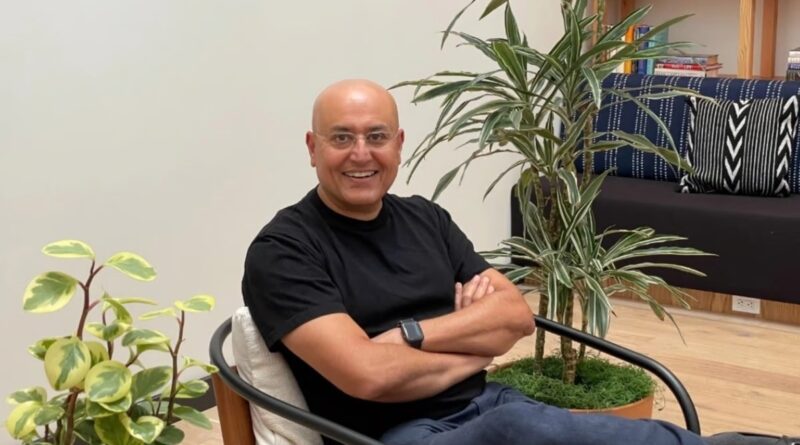‘Look at Elon Musk’: Sabeer Bhatia, co-founder of Hotmail, says ‘it’s not bad to fail or not try crazy ideas’
Sabeer Bhatia, the co-founder of Hotmail, said that he was rejected by 18 VCs, before he could get $ 300,000 for Hotmail. Bhatia, who created the world’s first free email service, added that “it’s not wrong to fail or not try crazy ideas”.
In an interview with Raj Shamani, Bhatia spoke in detail about selling Hotmail (now Microsoft Outlook) to Microsoft, the VC mindset in India, the government ecosystem towards startups and how to deal with mistakes among other things.
Talking about Hotmail’s journey, Bhatia said that he was rejected by 18 VCs, before he received $300,000 from the 19th VC, Drape Facer, who understood his ideas. “With that 3 million dollars, we launched Hotmail on July 4, 1996, and after three months we got 3 lakh subscribers, meaning that the cost of buying lakhs of dollars is a dollar just one,” he said, adding “We got 5 million subscribers in one year.”
Revealing what worked for him he said, “We had a line at the end of every email. This email is being sent to you from the free email provider hotmail.com .Get your hotmail.com I wore a suit and tie I met as many journalists as I could In those days the press was big and published it was a big deal so I went around talking to a bunch of journalists who hired a PR firm and they announced their names and went to tell everyone.”
To Indian VCs
Talking about VCs, Bhatia said that VCs (venture capital) in India have the mindset of PEs (private equity). VCs have the idea that today money is not made but one day it will be,
“After 30 years, I have just come to know that there are two types of VCs, all VCs in India are not VCs,” he said. “Indian VCs have a PE mindset. They have to make money because they’ve never started a viral company, they’re always counting money, they only know how to count money. Bean stuff. Elon Musk calls them beanbags.
“There are some VCs that work naturally. I don’t know what happens one day it will be a very big company and we will keep the funds no problem, it’s big or not growing, mindset is VC mindset, true venture is venture,” he added.
Talking about the example of TikTok, he said that the popular social media platform loses $4-5 billion every year but its value is $250 billion. “Why is there only such growth? It is supposed to change one day, no, not just growth. They have global credentials,” Bhatia added.
Ecosystem for startups
The co-founder of Hotmail cited the example of Uber and shed light on the difference in governance between America and India. “The law here, the understanding that people have, is not friendly, which should be changed in India,” he said.
Look at the US, Uber has broken every taxi law in the world. But in the US, the government looks the other way because it was creating jobs and there is a new idea to try, one day it can be big, so the local governments, local governments, cities, are ready to begin with, you added.
Bhatia added that most Indian startups are not startups using someone else’s idea. “We will run it by taking VC money and when the VC is closed, we will also close it or sell it. But all the big companies around the world, most of them have other, very special processes,” he said, adding “copying is not innovation”.
“I tell you over and over that the innovation that happens in Silicon Valley is not business at all, it’s a difference of opinion,” said Bhatia, adding “In Silicon Valley, 99 out of 100 companies fail, it’s not unfair. to fail or not to even try crazy ideas. Look at how many crazy ideas Elon Musk is trying. This thing, if it works, will change the world.”
#Elon #Musk #Sabeer #Bhatia #cofounder #Hotmail #bad #fail #crazy #ideas
